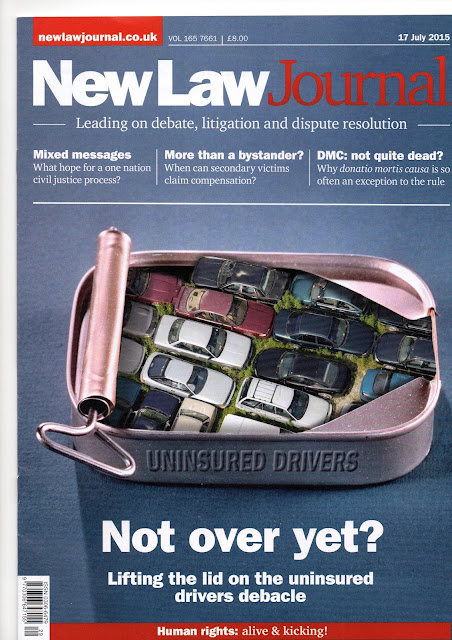We plan the following programme:
09.00
|
Registration
|
09.30
|
Introduction
– scene setting
Basics on asbestos and its uses
The hazard presented / asbestos
related diseases
|
10.45
|
Refreshment break
|
11.00
|
Establishing
liability
Developing knowledge of the hazard
Evolving regulatory control
Duty of Care: to whom is the duty
owed?
Foreseeability, just how much
foresight?
The significance of UK statutory
duties
Discussion: comparison with Jersey
legislative and customary law
|
13.00
|
Lunch
|
14.00
|
Causation
and Insurance issues
Causation, but for test and
divisibility and apportionment
The special modified rule
Contributory negligence
Asymptomatic illnesses, pleural
plaques, Johnston v NEI
|
14.45
|
Insurer liability, anomalies between
public and employers liability
The new equitable right of
contribution, Zurich v IEG UKSC
2015
Tracing UK insurers, transfer of
third party rights
DMPS scheme and other state benefits
|
15.15
|
UK
Procedural issues
Jurisdiction and applicable law
Limitation issues
Disease and Illness Pre-action Protocol
& Meso Practice Direction
|
15.45
|
Refreshment break
|
16.00
|
Implications
for Jersey
Discussion / Q&A around UK
procedures and quantum issues
|
17.00
|
Close
To book a place please download the application form from the JPIMS website. Link to JPIMS website
|
